French police on alert as ‘freedom convoy’ protesters approach Paris
Thousands of protesters opposing COVID-19 rules in France have set up camps outside Paris, resuming their move towards the French capital in convoys of vehicles, ignoring an official ban against the effort.
Inspired by Canadian truckers paralyzing border traffic with the US, the French protesters -- including anti-coronavirus vaccination activists, as well as people enraged over fast-rising energy prices – who had parked their vehicles near the city of Chartres, some 80 kilometers from Paris, left about 5:00 am on Saturday to head towards the capital, local press reports said citing messages communicated between protest participants.
The aim was to "create a mass of vehicles that the forces of order would find impossible to contain," according to the messages, one of which further emphasized, "Faced with several thousand vehicles capable of stopping or being on the move," the police would not be able to do much.
Hundreds of cars, motor homes and vans from different cities such as Lille, Strasbourg, Chateaubourg stopped Friday evening at the gates of Paris, with their occupants demanding a withdrawal of the government's vaccine pass -- which is required for access to many public spaces -- and more help with their energy bills.
Police estimated 3,300 vehicles were involved in the various convoys by Friday afternoon.
Paris police banned the gathering because of feared "public order disturbances" and said protesters who tried to block roads would face fines or arrest.
The protest effort came as French authorities expressed their determination to prevent any blockade of the city, with Paris police headquarters declaring that nearly 7,200 police and gendarmes "are being deployed over the next three days to enforce the ban on vehicle convoys."
One notable feature of the Canadian government's reaction to the still on-going anti-vaccination protest move is its effort to demonize the protest movement, describing it in disparaging terms as disruptive, hateful and thuggish even as the protests have been largely peaceful.
French authorities are already taking such a line against the protests.
The Canadian and French governments, meanwhile, are infamous for their interference in other countries' internal affairs, often backing violent riots in nations that they do not regard as friendly.
Just two months ahead of presidential elections and with the government desperate to avoid violent scenes in the capital, French President Emmanuel Macron proclaimed on Friday that he understood the "fatigue" linked to the Covid-19 pandemic.
"This fatigue also leads to anger. I understand it and I respect it. But I call for the utmost calm," Macron asserted in an interview with the Ouest-France daily.
His remarks came nearly five weeks after he generated major furor after insisting that his government’s COVID vaccination strategy was aimed at “annoying” the unvaccinated and ardently making life more difficult for them.
“I am not about annoying the French people, but as for the non-vaccinated, I really want to annoy them,” Macron declared on January 4 during an interview with the local Le Parisien daily.
“And we will continue to do this, to the end. This is the strategy,” he further emphasized as he tried to warn that he intends to make life harder for people who are not yet vaccinated.
“In a democracy, the worst enemies are lies and stupidity,” Macron emphasized. “We are putting pressure on the unvaccinated by limiting, as much as possible, their access to activities in social life.”
Meanwhile, the prefect of the Paris police, Didier Lallement, further announced that police forces had created a temporary car pound which, together with dozens of tow trucks, "will ... put an end to any blockage."
Police also showed off their anti-blockage arsenal on Twitter, publishing photographs of loader tractors for the removal of barricades as well as trucks equipped with cranes or water cannon.
This is while gendarmerie armored vehicles were also deployed in the streets of Paris for the first time since the "yellow vest" protests at the end of 2018.
Vowing to remain steadfast, France’s Prime Minister Jean Castex said, "If they block traffic or if they try to block the capital, we must be very firm about this."
"People need to see us, and to listen to the people who just want to live a normal and free life," said a 62-year-old retired health worker who joined a convoy of more than 1,000 vehicles leaving Chateaubourg in the western Brittany region early Friday, as quoted in local news reports.
The order prohibiting the assembly of convoys was upheld on Friday by the courts, which rejected two appeals.
"It's a betrayal. The basis of the order is not respectful of the law, of the freedom to demonstrate," said another anti-vaccine and "yellow vest" activist as quoted in the local press.
"The right to demonstrate and to have an opinion are a constitutionally guaranteed right in our republic and in our democracy. The right to block others or to prevent coming and going is not," the French prime minister insisted, however.
According to local news outlets, some participants in the French protest move plan to travel on to Brussels for a "European convergence" of protesters planned there for Monday.
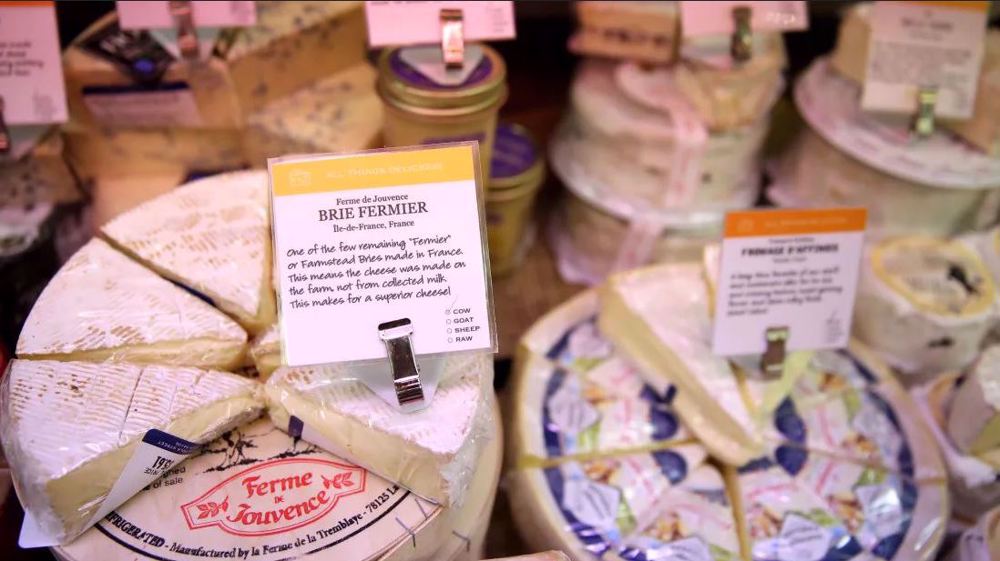
EU will 'do the same' if US implements tariff hikes: France
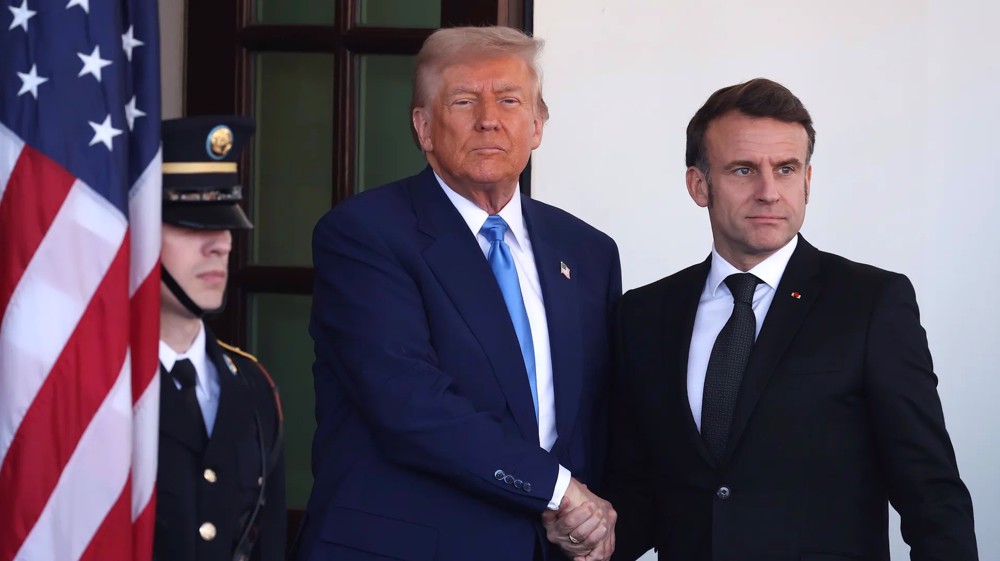
France offers nuclear shield to Europe as US threatens to withdraw forces: Report
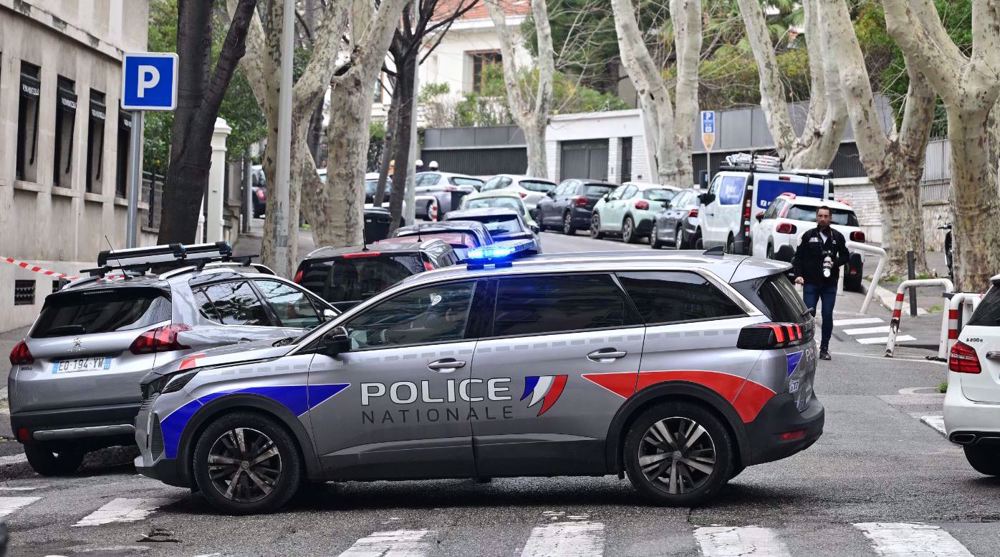
Russian consulate in France comes under attack on Ukraine war anniversary
VIDEO | Press TV's news headlines
Longest held Palestinian prisoner released by Israel
Iran condemns Israel’s military threats
VIDEO | Pakistan, Iran strengthen trade ties with $10 billion target
VIDEO | What conditions faced by Palestinian prisoners?
Israel carried out mass killing of own people under ‘Hannibal Directive’: Military probe
VIDEO | Telecommunications down in Gaza due to Israeli curbs delaying repairs
Egypt: Hamas-Israel negotiations on next phase of ceasefire begin


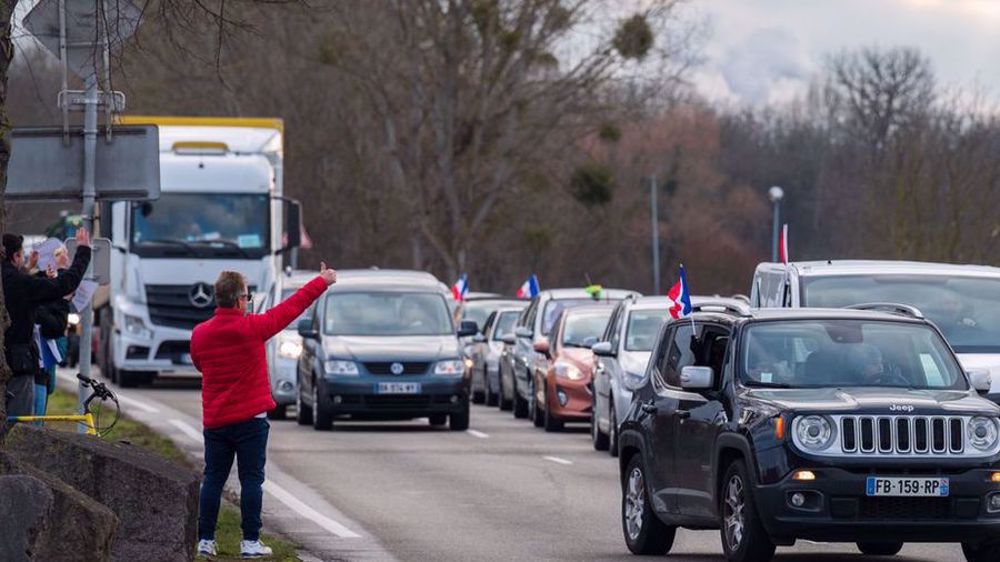
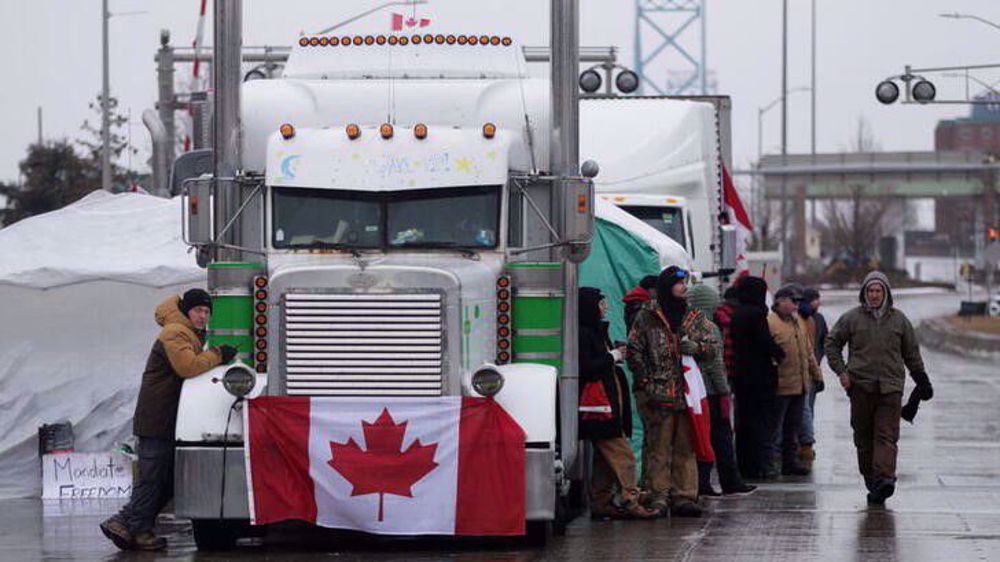
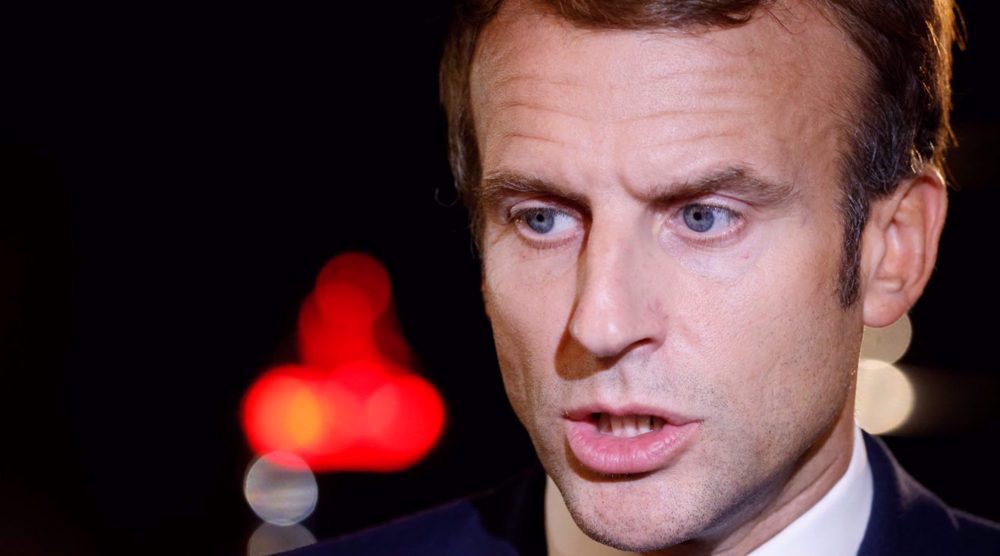
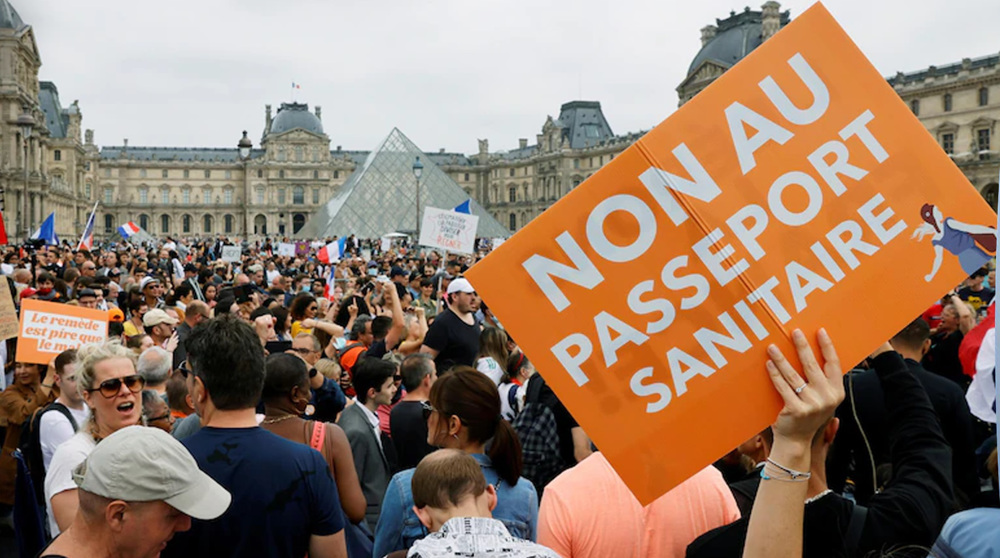



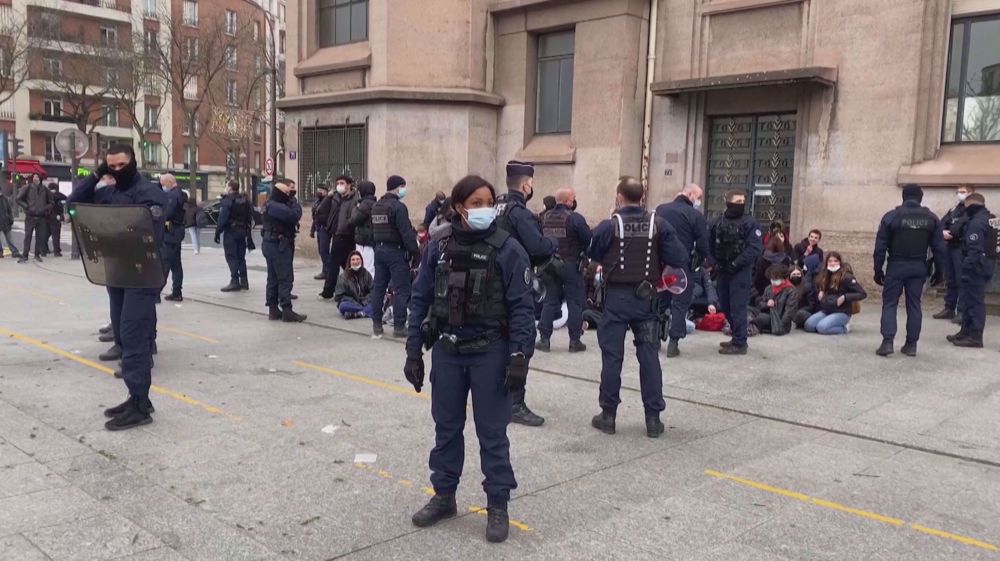
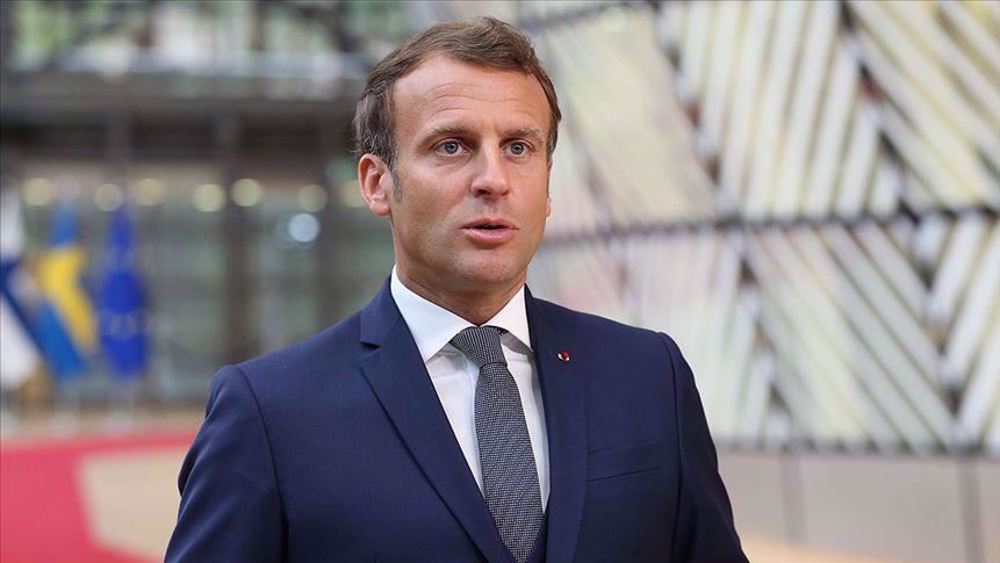

 This makes it easy to access the Press TV website
This makes it easy to access the Press TV website